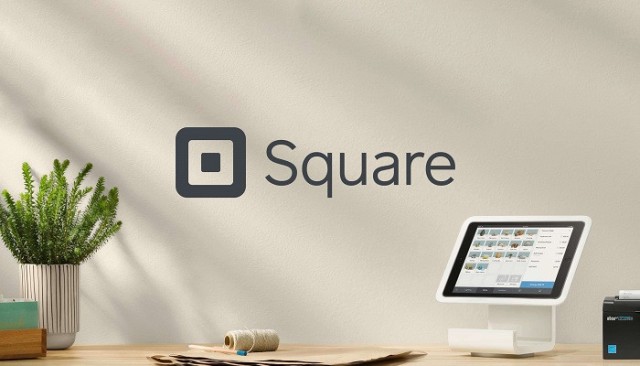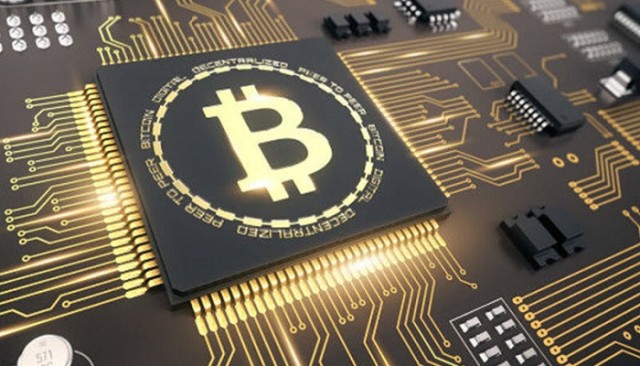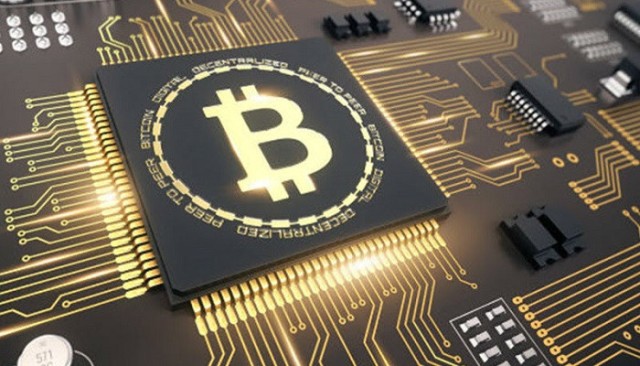Square announced the publication of an introductory white paper last Friday detailing Square's plans for a decentralized bitcoin exchange (tbDEX), the plan was announced by Jack Dorsey, Co-founder and CEO of Square and Twitter.
Unlike most decentralized exchanges, or DEXs, tbDEX will not use a non-trust model, and therefore will not feature its own governance token. Instead, it is a message protocol designed to facilitate trust relationships without relying on a federation to control access.
According to Coin Telegraph, tbDEX also intends to include several features that make it much less decentralized than decentralized exchanges in the truest sense of the word.
For starters, the protocol requires that all participants go through a Know Your Customer or KYC background check for compliance with relevant regulations depending on the user's region. Users can only then connect their wallets to the exchange and exchange currencies with each other.
Furthermore, the white paper called for the deployment of blockchain analytics solutions, either built into a decentralized exchange or through a third party, to track transactions on the platform. This class of forensic solutions around the Blockchain is likely to be a controversial topic.
Such a system would potentially enable authorities to cross-reference payment identifiers and public wallet addresses with KYC information to reveal the personal identities behind transacting parties. However, proponents claim that these means of monitoring are necessary to prevent illegal activities.
But tbDEX's central features can also be supported by crypto enthusiasts. One distinct aspect discussed in the white paper is chargebacks, which are not found on most decentralized exchanges.
If implemented, Square's ability to reverse transactions in tbDEX could stem irreversible losses incurred by investors during decentralized finance escape scams . Square is currently encouraging comments on the white paper on its newly created Twitter account.









































